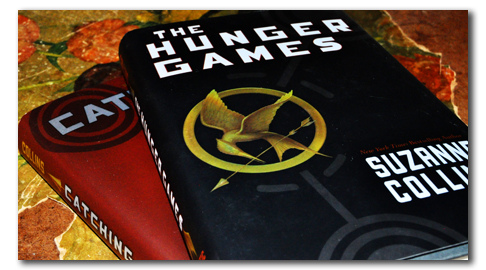
Word of the Day: Adultescent
Paul Schleifer
This is a new one for me. In fact, it is so new that it draws the red squiggly line under it in MicroSoft Word. Adultescent refers to “a young adult or middle-aged person who has interests, traits, etc., that are usually associated with teenagers” (http://www.dictionary.com/browse/adultescent?s=t) and says that it first appears between 1995 and 2000. The Urban Dictionary defines it as “An adult whose interests and behaviour [sic] follow youth culture; someone who has not fully grown up” (https://www.urbandictionary.com/define.php?term=Adultescent). The OED records the first usage from a magazine called Precision Marketing, the 17 June 1996 edition: “Consider the importance of adultescents to the music biz—they make up over a third of the audience at gigs, but have more cash to spend than teenagers,” although the word could easily have been in circulation before it was first put into print.
Adultescent may have replaced an earlier, similar term, kidult. Kidult goes back at least to 1960, and it is perhaps a bit more specific, focusing on adults who enjoy kid-oriented entertainment (TV shows, movies, computer games, et al.). But don’t confuse kidult with the BBC series Kidulthood, which was not at all designed for kids. Kidult, however, does not elicit the red squiggly line under it as adultescent does.
Adolescent, according to www.etymonline.com, comes “from Middle French adolescent (15c.) or directly from Latin adolescentem/adulescentem (nominative adolescens/adulescens) ‘young man or woman, a youth,’ noun use of an adjective meaning ‘growing, near maturity, youthful,’ present participle of adolescere ‘grow up, come to maturity, ripen,’ from ad ‘to’ (see ad-) + alescere ‘be nourished,’ hence, ‘increase, grow up,’ inchoative of alere ‘to nourish,’ from a suffixed form of PIE root *al- (2) ‘to grow, nourish.’” Adult comes “from Latin adultus ‘grown up, mature, adult, ripe,’ past participle of adolescere ‘grow up, come to maturity, ripen.’” Put together, they combine to mean one who is all grown up but still growing, a kind of oxymoron.
I can imagine that for most people adultescent would have negative connotations, but I’m not sure it does, at least for me. Or maybe the problem is how things, particularly bits of entertainment, are categorized by marketing specialists in the 21st century. For instance, “According to the Young Adult Library Services Association (YALSA), a division of the American Library Association (ALA), YA books are those aimed at kids aged 12 to 18 years” (https://www.thebalancecareers.com/the-young-adult-book-market-2799954). But the source claims that nearly 70% of YA titles are actually purchased by adults, ages 18-64.
Here are a few examples of the best YA fiction from Time magazine (http://time.com/100-best-young-adult-books/).
Harry Potter
A Wrinkle in Time
To Kill a Mockingbird
The Chronicles of Narnia
The Once and Future King
Of course, The Hobbit was and still is considered a children’s book.
Perhaps when you hear the word adultescent, you immediately think of a guy, overweight, greasy hair, playing video games 24/7 in his mom’s basement even though he is 42 years old, and I would not say that you are wrong. But it may be that there are many adultescents who are, except for their interest in YA books and movies, and perhaps computer games, normal, responsible adults who just haven’t lost their passion for good adventure yarns. Maybe I’m one of them.
The image is of two of the three Hunger Games books, one of the most popular book and movie series recently among adultescents.